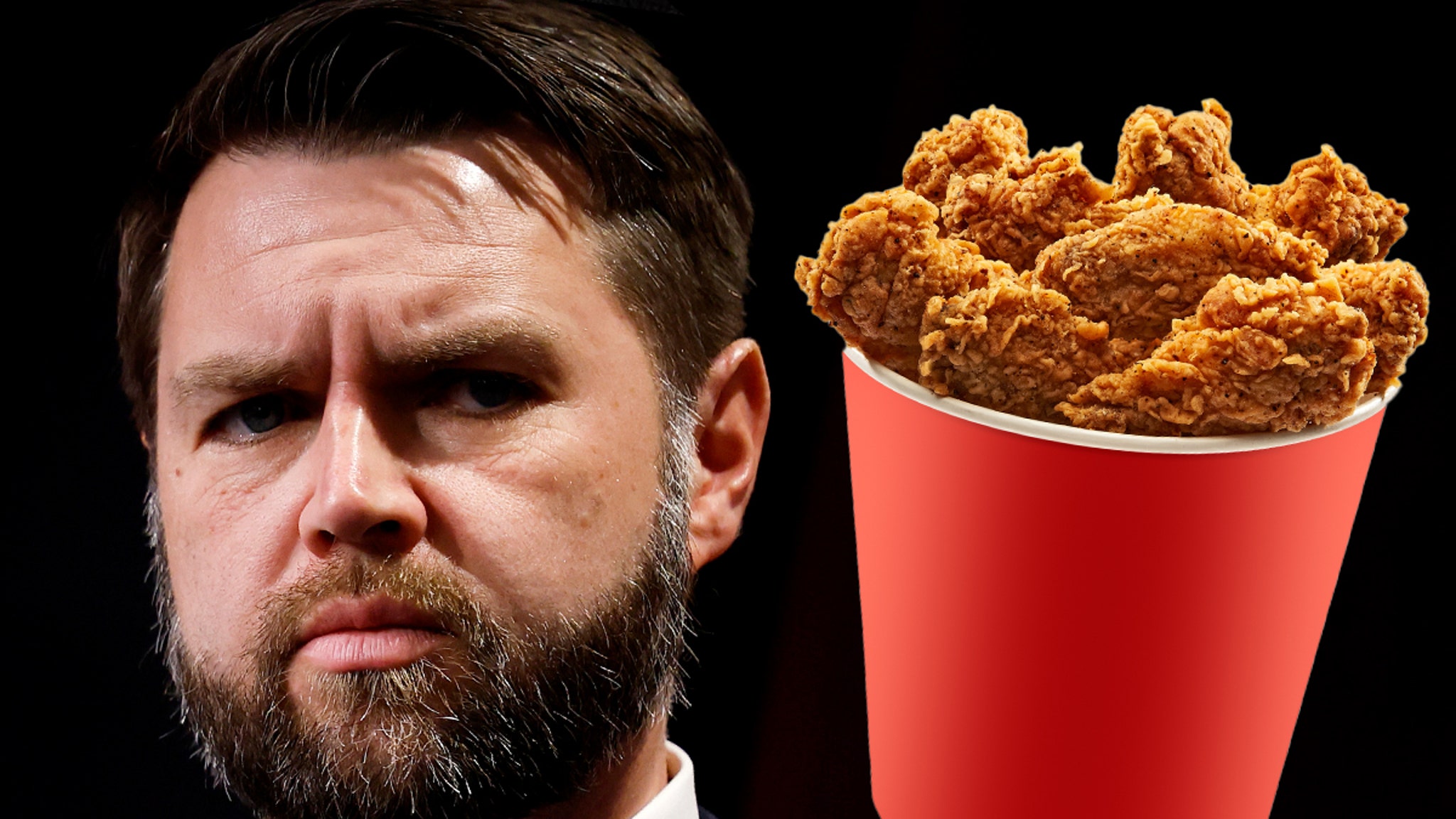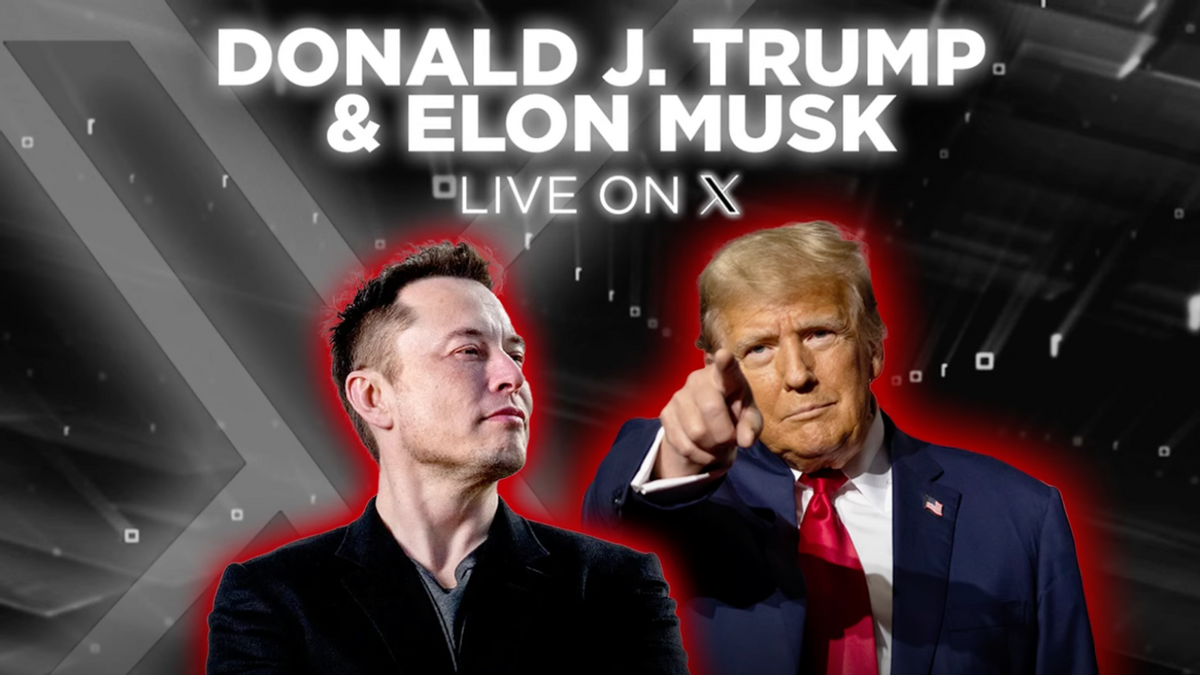man, this is Trump at a town hall when he was asked az question about grocery prices. he is still triggered by Harris poking him about crowd sizes.
Trump: I don't think I've ever said this before. So we do these rallies. They're massive rallies. Everybody loves, everybody stays till the end. By the way, you know, when she said that, well, your rallies people leave. Honestly, nobody does. And if I saw them leaving, I'd say, and ladies and gentlemen make America great again and I'd get the hell out, ok? Because I don't want people leaving. But I do have to say so I give these long sometimes very complex sentences and paragraphs but they all come together. I do it a lot. I do it with raising cane. That story. I do it with the story on the catapults on the aircraft carriers. I do it with a lot of different stories. When I mentioned Doctor Hannibal Lecter. I'm using that as an example of people that are coming in from Silence of the Lambs. I use it. They say it's terrible. So they say so I'll give this long complex area for instance that I talked about a lot of different territory… You know, for a town hall, there's a lot of people but the fake news likes to say, the fake news likes to say, oh, he was rambling. No, no, that's not rambling. That's genius. When you can connect the dots. Now, now, Sarah, if you couldn't connect the dots, you got a problem. But every dot was connected and many stories were told in that little paragraph
here is what chat gpt says about it.
This excerpt from Donald Trump seems to showcase his characteristic speaking style, where he reflects on how people perceive his speeches at rallies. He asserts that his speeches, while sometimes long and complex, are misunderstood by critics who label them as rambling. Trump defends his approach, stating that his ability to "connect the dots" between different points and stories is a form of genius, and that anyone who cannot see the connections has a problem. He also addresses the media, specifically "fake news," for mischaracterizing his speeches.

myfox28columbus.com







